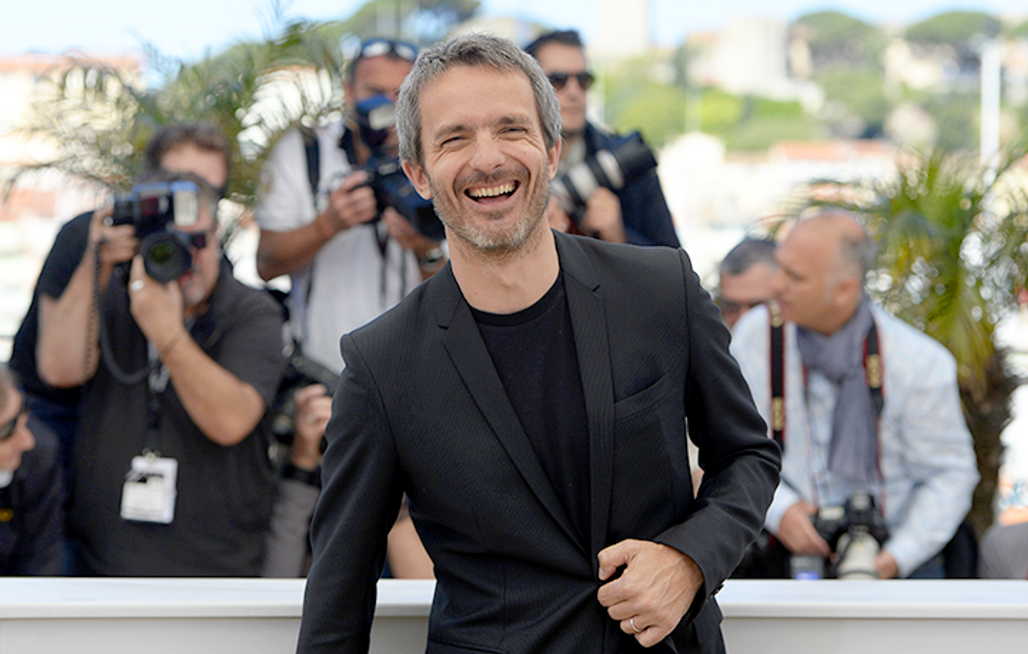
INTERVIEW – Jérôme Salle “South Africa is just as much a character in the film as the two heroes”

Jérôme Salle, the French director of Largo Winch and Anthony Zimmer, will ensure the 66th Festival de Cannes closes on a high with his film, Zulu. A soul-searching police thriller set in the heart of South Africa starring Orlando Bloom and Forest Whitaker.
Released in 2005, Anthony Zimmer was a crime thriller featuring a frantic police chase. Your new film, Zulu, is also a police thriller. Would you say this is your preferred genre of film?
No, it’s just a coincidence! Actually though, I do love this genre. But that doesn’t mean I’m destined to only make detective films. I’m going to set myself the challenge of trying to make a gun-free film next time! I do love watching this type of film though. One of my favourite directors is Jean-Pierre Melville and he’s no doubt had an influence on my work.
Zulu is an international production which you worked on with American and British actors in the main. Did that change the way you work at all?
One of the trickiest aspects was the language. Directing actors is a complex job. On the set, I needed to use exactly the right words to get across my ideas and feelings, in English obviously, and that was a bit frustrating for me. My vocabulary felt like a twelve year old’s, whereas I wanted to avoid giving out overly crude instructions.
Can you tell us a bit about the filming in South Africa?
I almost didn’t make the film because I was afraid that it wasn’t going to be legitimate for me to talk about South African and Apartheid in a country that wasn’t my own. To make up for it, I spent a lot of time out there. I was keen to keep the number of French people involved to a minimum and so we took on a number of South African production directors and actors. I didn’t feel unsafe at any time. It’s important to remember that the poor are the ones who suffer most from violence. It doesn’t tend to affect well-off white people residing in Cape Town’s wealthy neighbourhoods.
South Africa is well-known for its rich history. What is it about this country and its history that helped bring a new dimension to the detective story genre?
In the book and the film, South Africa is just as much a character in the film as the two heroes. Rather than being a film about Apartheid, it’s about the difficulties human beings or entire societies experience as they live through a trauma.
Can you tell us about your next project?
I’m currently writing a biopic on the life of Jacques-Yves Cousteau. Personally, I associate Cousteau with my childhood, so this latest venture is good fun, but at the same time, as an adult, I’m now finding out lots of new and interesting things about him. Cousteau is one of the founding fathers of ecology and a key figure of the twentieth century. He was a firm believer of industrial development, technology and progress. However, during the course of his career, he came out with some very innovative views: such as, progress isn’t always positive and there is something suicidal about the human race in its unstoppable march forward.
Comments recorded by Lisa Revil


